The second season is already underway.
Solo Leveling, a South Korean manhwa adapted into an anime by the Japanese studio A-1 Pictures, tells the story of hunters who can travel through portals and kill enemies.
What is the anime about?
The series takes place in an alternate version of Earth where gates suddenly began to appear, releasing monsters. It quickly became clear that conventional weapons had no effect on them. Only certain people hunters could wound and kill these creatures. This small group of chosen individuals is ranked from the lowest E-rank to the highest S-rank.
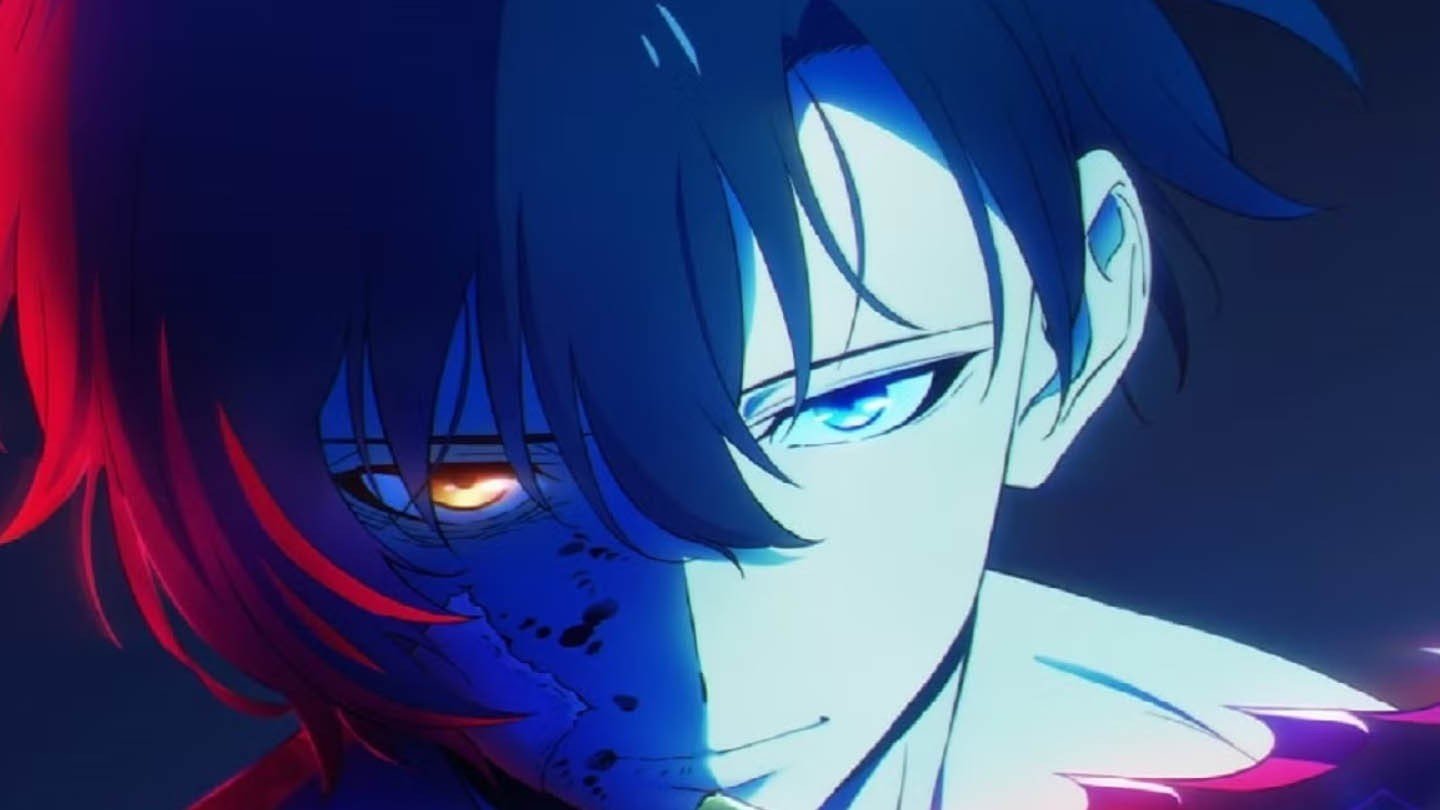 Image: ensigame.com
Image: ensigame.com
Dungeons filled with monsters are also categorized in this way. The protagonist, Sung Jin-woo, possesses the lowest rank and can't even properly clear a regular dungeon. When his group gets trapped, Jin-woo, realizing his own worthlessness, strives to do something good and sacrifices himself. For this, he is rewarded with the ability to level up.
Thanks to this, he becomes the only person in the world who can change his personal rank. The hero's life begins to resemble a game a futuristic semi-transparent interface appears around him, complete with various quest and leveling menus. And Jin-woo starts to become stronger, albeit not immediately.
Why has the anime become so popular?
There are three main reasons: Solo Leveling was beloved as a manhwa, so A-1 Pictures' task was simple: adapt it as closely as possible to the source material. The studio has done this before—they've successfully adapted famous mangas and light novels like Kaguya-sama: Love is War, Sword Art Online, Erased, Your Lie in April, and many others.
 Image: ensigame.com
Image: ensigame.com
They managed to recreate a continuous action-packed experience where the hero is constantly fighting and facing new challenges. There isn’t any overly complex plot or world-building that would confuse viewers of any age. All necessary information is explained through other characters, keeping the audience focused on the main storyline. In the manhwa, the world was revealed more gradually by the authors. Credit should also be given to the studio for creating an immersive atmosphere. During tense moments, the screen darkens, highlighting the most important places and situations with light. In normal times, everything is shown brightly to create a carefree atmosphere.
The second reason for its popularity is Jin-woo himself
He starts off as a total underdog, even earning the nickname The Worst Weapon of Humanity due to his limited combat skills. In the early episodes, his group gets trapped and tries to escape. Jin-woo stands out among them he’s willing to sacrifice himself so others can survive. This is despite having a family that depends on him financially. For this selflessness, the System rewards him with the ability to enhance his skills. But Jin-woo is not a superhero; he makes mistakes too.
For example, when he skips training, he's punished by being forced to run from monsters in the desert for four hours. After this, he takes his superpower seriously and commits to leveling up. Unlike many protagonists, Jin-woo earns his skills through blood and sweat: he knows how much time and effort went into each unit of experience, and he values it. Viewers appreciate Jin-woo's diligence because it's always more enjoyable to follow stories of those who earn their abilities rather than those who are born with them.
Finally, the marketing played a big role
The statue of God became very memorable during the anime's release, it frequently appeared in meme circles. Its toothy grin made people who hadn't read the manhwa curious about the series.
Why does the anime receive criticism?
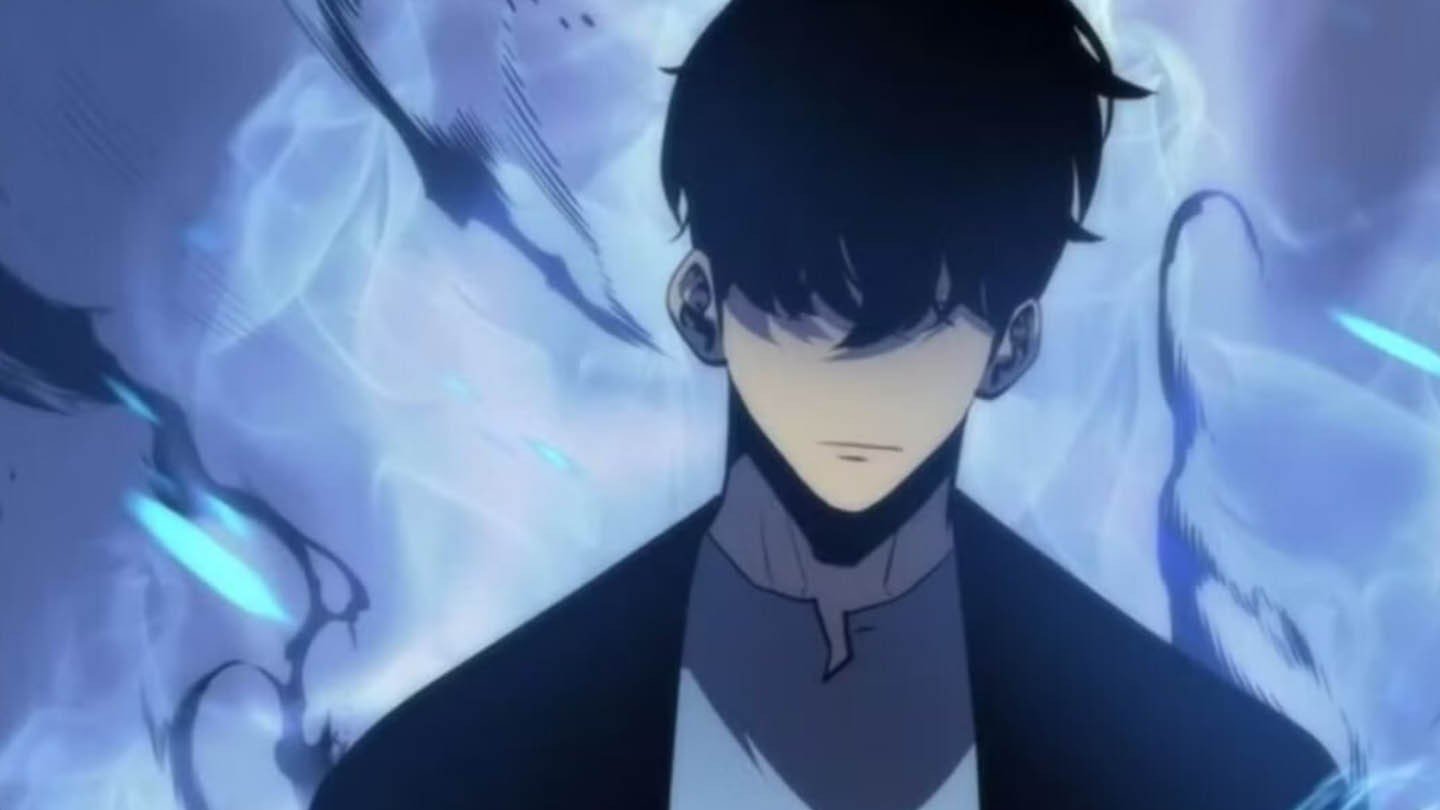 Image: ensigame.com
Image: ensigame.com
There are reasons for that too. The main complaints are about the clichéd plot and the abrupt shifts between action scenes and calm moments. Critics argue that the story presents the hero and his feats in an overly grandiose manner, and some see Jin-woo as an author-insert or Mary Sue character.
He rapidly evolves from an underdog to a killing machine. In contrast, the other characters seem like extras they lack depth beyond a couple of traits defined by the author and don't develop much further. This critique is valid if you're looking for well-developed characters, other anime might be better suited for you, ones that aren't so focused on the main hero's journey.
The second criticism comes from the original manhwa readers. In the manhwa, the lack of dynamic pacing makes sense. However, in the anime, things should be adapted differently to avoid feeling like a moving page from the manhwa.
 Image: ensigame.com
Image: ensigame.com
Is it worth watching?
Yes. Definetly. If you enjoy pure action with minimal development of secondary characters, the first season can be binge-worthy. But if Jin-woo's story doesn't capture your interest within the first two episodes, it may not be worth your time to continue with him, the second season, or even the open-world gacha game based on the series.
Main image: ensigame.com
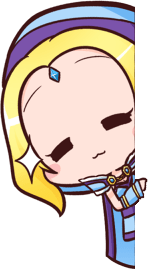
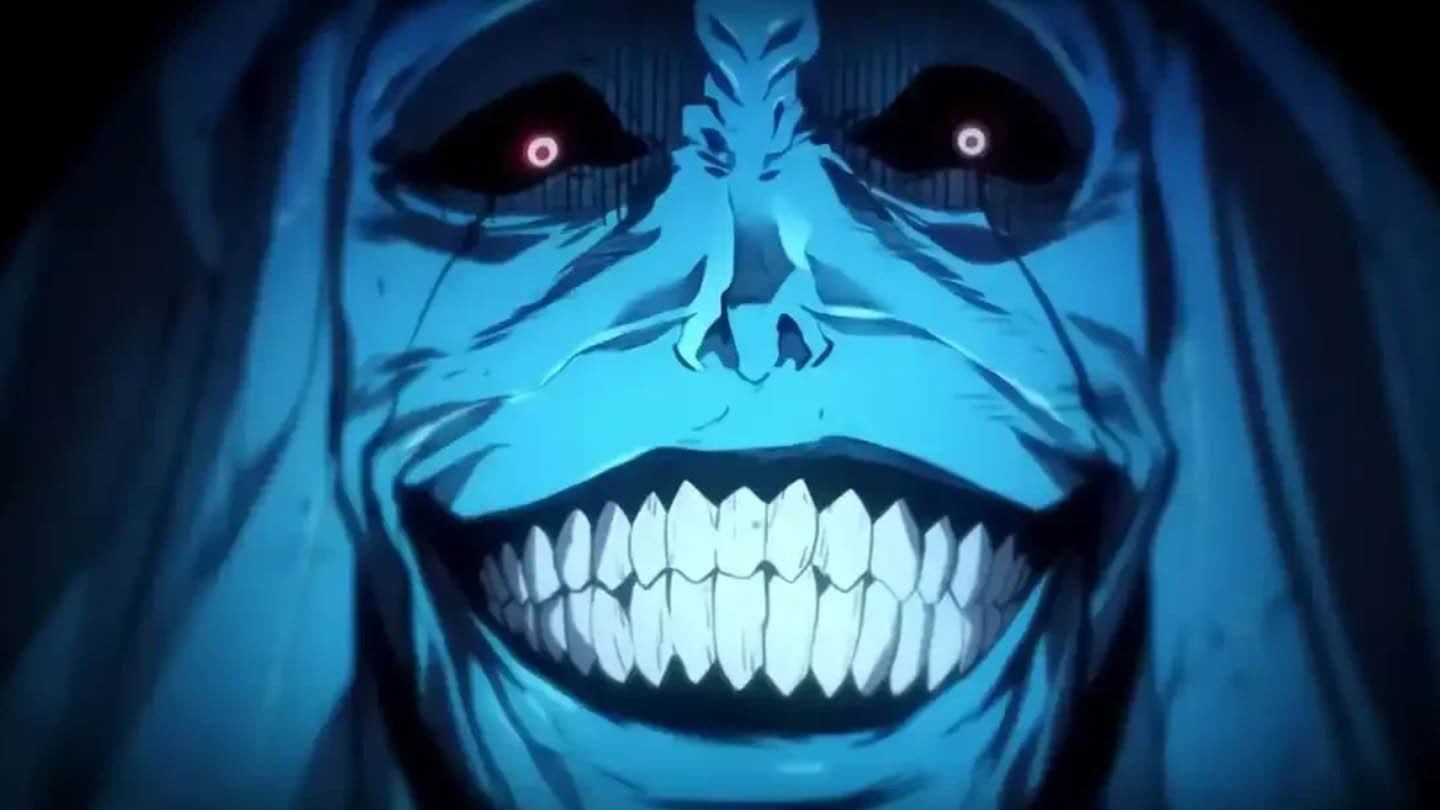
 Alexander "peter bjorn" Fadin
Alexander "peter bjorn" Fadin
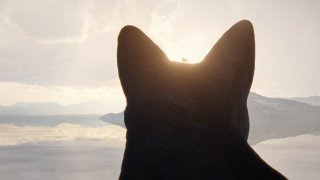
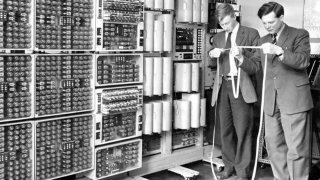
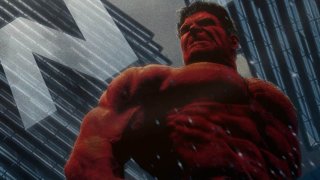
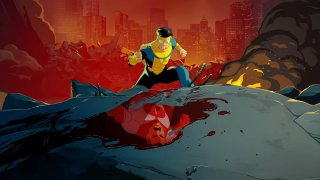

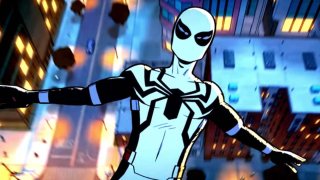
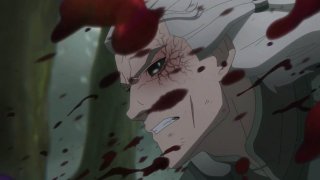

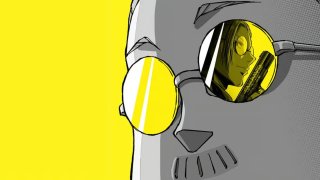
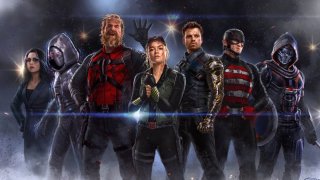
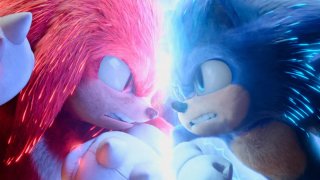
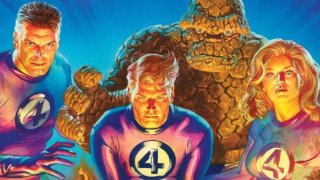
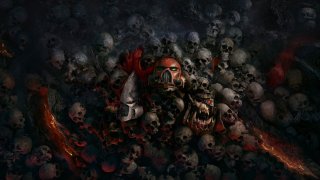
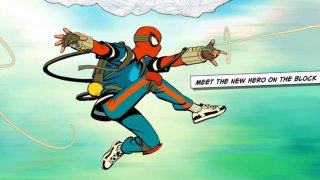
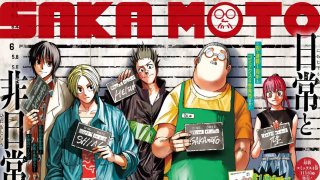
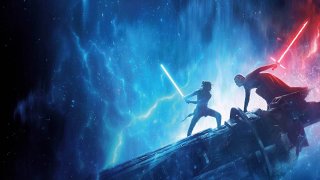
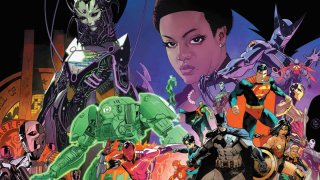
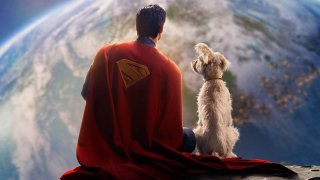
0 comments